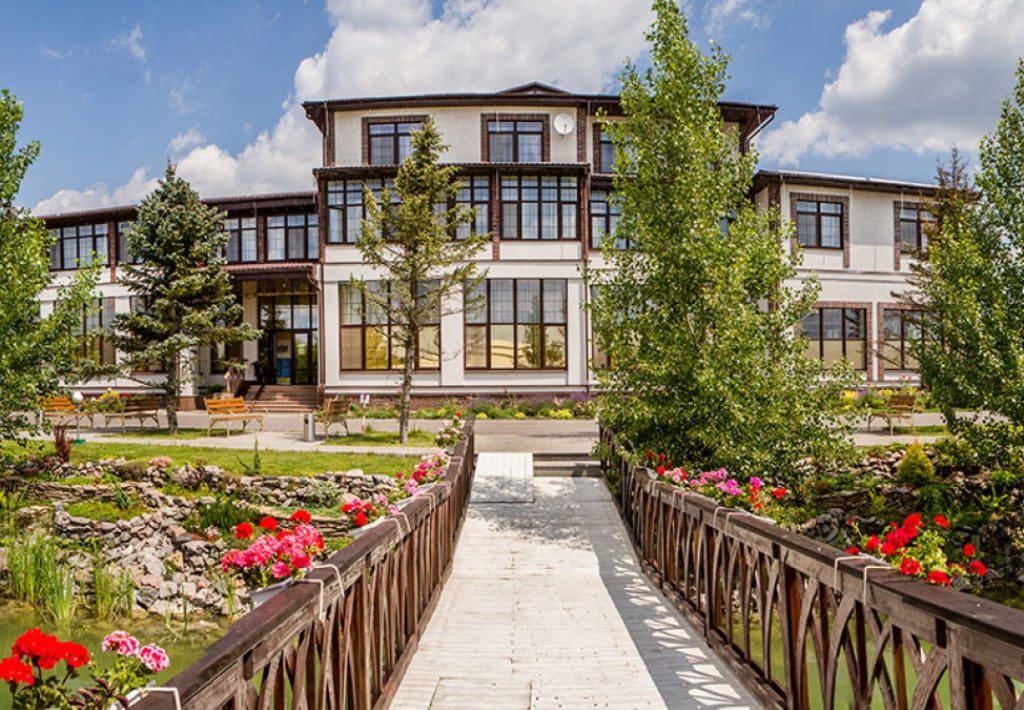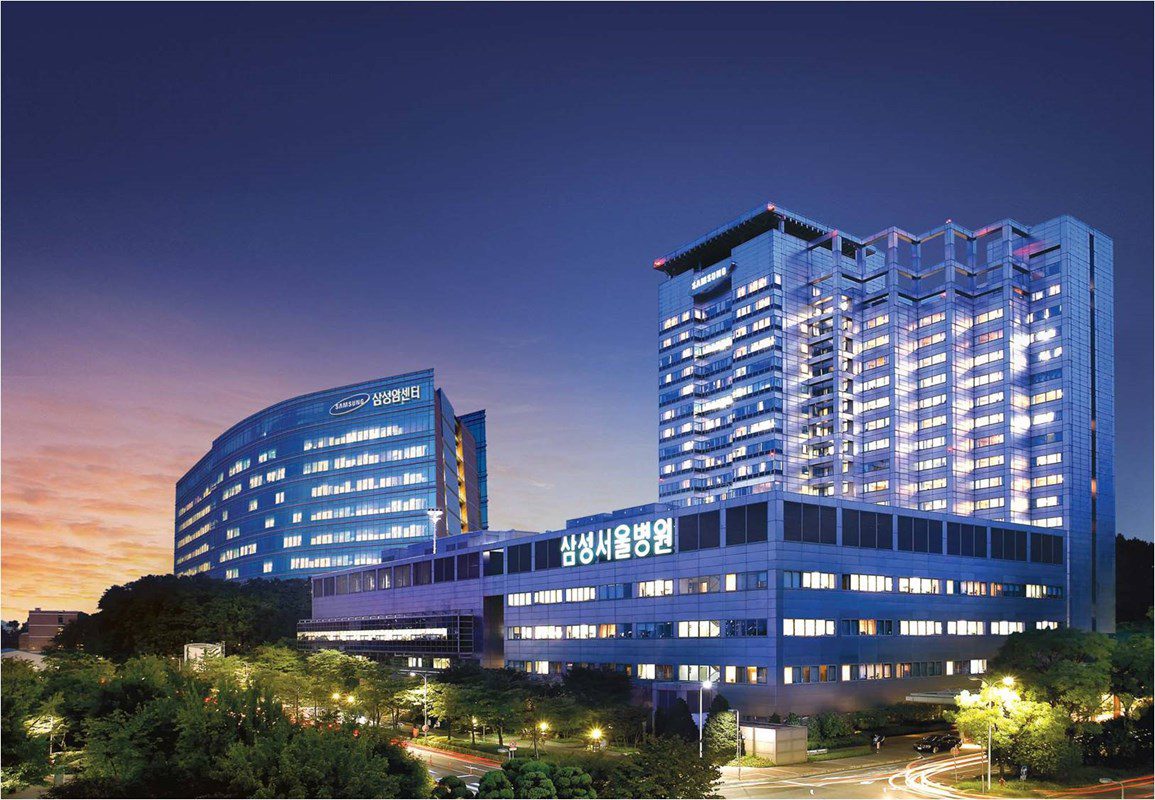Tourists pursuing medical purposes are more likely to choose South Korea. This is facilitated by the benevolence and friendliness of the local community, and comprehensive support from government agencies. Tourists can get acquainted with possible medical services in South Korea, as well as book places in specific institutions at Incheon Airport – a medical information desk is equipped in the arrivals hall.
Additionally, upon arrival, you can visit the Center for the Promotion of Medical Tourism in Korean Tourism – the staff will tell you in detail about the available programs and answer all related questions. At the Center, you can measure blood pressure, take a test for emotional stability and find out BMI – completely free of charge. This approach to treatment in South Korea says a lot, in particular, that medical tourism is an important sector of the Korean economy and is actively supported by the healthcare system.
Medical institutions in South Korea offer first-class service for foreign patients. High-level service has become available to everyone thanks to modern equipment and advanced IT developments. In addition, in some cities, there are special centers focused on the provision of comprehensive multilingual services. Such centers have everything you need, in particular, comfortable living conditions, health programs, etc.
In South Korea, you can find everything you need in terms of therapeutic services. However, in South Korea, the most popular specialization for foreign patients is plastic surgery and effective skincare techniques. Korean specialists are experimenters and innovators who use a unique combination of Eastern and Western medical techniques in their practice and open up new opportunities for the successful treatment of patients.
In addition, services provided in medical institutions in South Korea are cheaper than in many other Asian countries. Among other things, which is important for foreign tourists, is a fairly low crime rate – you will be completely safe regardless of the time of day. Of course, this is not the cheapest place for medical treatment, but the quality of medical services in South Korea is worth the money spent.
All facilities in this sector are constantly being improved, receiving funding from the South Korean government. State support is multifaceted: international advertising campaigns, the introduction of new facilities in South Korea into the medical industry, qualified employees involved who trained in world programs, etc.
So, if all of the above is not enough for you, pay attention to excellent places to stay and bases. Here tourists recover after therapy and gain strength after long-term treatment. That is why South Korea is attractive to foreigners who are looking for ideal medical centers.
Healthcare in South Korea
Today, the South Korean healthcare industry is capable of competing with and even surpassing international centers. International patients in South Korea receive excellent service.
The Ministry of Health has complete control over this industry, funding it and ensuring the proper functioning of its internal mechanisms. Nationwide insurance programs cover 97% of the population, and almost every resident has the right to get free medical services.
Additionally, a variety of treatment methods, particularly, a combination of Occidental (Western) medicine in South Korea and Eastern one, bear their fruit. Methods used by specialists were carefully researched and clinically tested. In addition to traditional methods of treatment, their modern counterparts and the latest techniques are being actively introduced. The country has developed the best skincare practices – South Korea’s advanced global skincare technology has proven the country’s ability to occupy an outstanding position.
Hospitals in South Korea are equipped in accordance with world standards – when choosing equipment and specialists, they adhere to the most stringent requirements, and their violation is unacceptable. This is one of the largest and most highly professional communities that boasts of its medical facilities.
Globalization and commercialization have affected South Korea and provoked some difficulties, in particular the pollution of cities. However, medical centers are trying to organize their work in such a way as not to lose sight of this aspect, while striving for a long-term effect.










